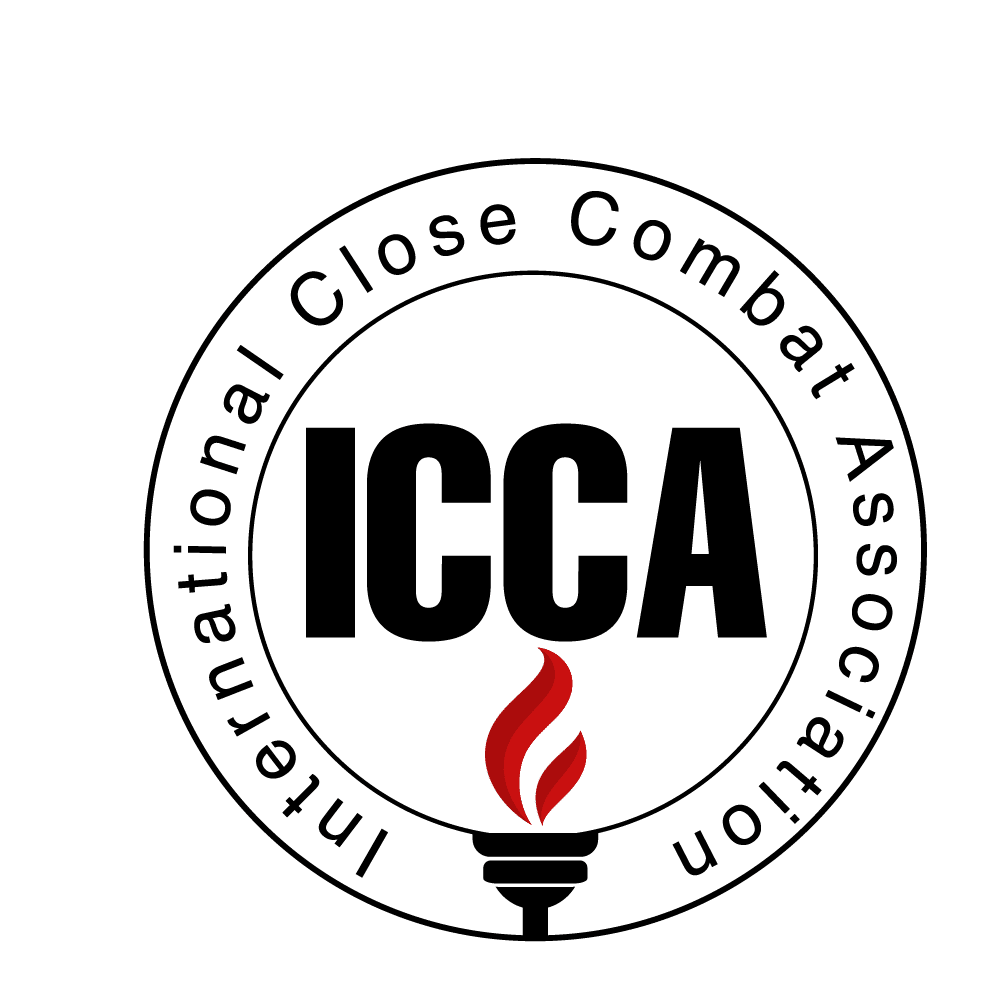The International Close Combat Association (ICCA) is an organization that was established in 2018 and provides accreditation courses to self-protection and close combat instructors. To become a member and qualify as an ICCA course instructor, individuals must have provided training to military or law enforcement personnel. The courses offered by ICCA focus on techniques that have been pressure tested in real-world scenarios, rather than just in traditional martial arts dojos. This emphasis on practical, real-world effectiveness sets ICCA apart in the field of self-protection and close combat training.
About ICCA
Who we are
Why choose us
Tried & Tested
Our training methods have been pressure tested in the field
Civil Instructors
Our Civil Instructors have been measured and tested to provide quality real world teaching
Instructors
Our Instructors Courses are taught by bonified individuals with a track record
Grading System
Our grading system is not club or friend based .Each Student must prove there knowledge and ability to third party examiners.
Principles of Close Combat
The principles of close combat emphasize practical and effective self-defense techniques that are designed to be quickly learned and easily retained. Close combat places a strong emphasis on using instinctive movements and natural reflexes to defend against and counteract various types of attacks. The training focuses on both defensive and offensive skills, preparing practitioners to react decisively in high-stress situations. Close combat also emphasizes the need to neutralize threats swiftly and decisively, while simultaneously seeking to minimize the risk of injury to oneself. Overall, the principles of close combat are geared towards providing individuals with the tools they need to protect themselves in real-world confrontations.


Element Core For Civilian Self Protection
We Know Focusing on these elements can greatly enhance an individual’s ability to protect themselves and their loved ones.
